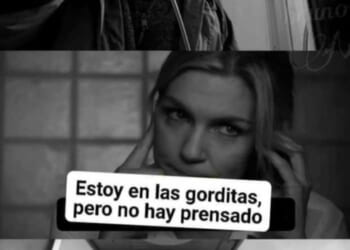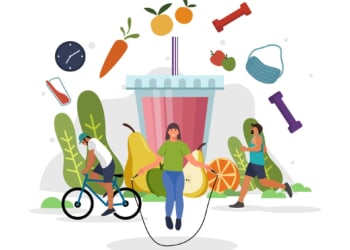It’s back-to-school time, and our nation is scoring abysmally on its overall report card. Fox News reported that after the release of the scores last week, Secretary of Education Linda McMahon said the results “confirm a devastating trend which has continued despite spending billions annually on numerous K-12 programs.”
Clearly, our public schools are failing. Yet at the same time, New Jersey legislators are looking to exert substantially more control and regulation over the one population opting out of public schools and successfully educating their kids: homeschooling families.
Two proposed bills would “require homeschooling families to register their children with the local school district, design and submit a curriculum aligned with state standards, maintain a learning portfolio, and undergo an annual ‘wellness evaluation’ by a certified third party, such as a teacher or psychologist.”
If the bills are passed, their provisions and controls could virtually negate the purpose of homeschooling, which seeks to empower parents to decide how and with what materials their children should be educated.
The website Classical Conversations, Education Independence explains, “New Jersey’s S4589 (and 5825) and shift trust away from families and places it in government oversight.”
Trust. An important word with little place in mainstream education today. But trust plays a big part in the story of homeschooling, stretching back to one of the modern-day movement’s key influences, Charlotte Mason.
British educator and reformer Charlotte Mason (1842-1923) may be the homeschooling community’s best-kept secret. Considering what is going on in classrooms today, perhaps it is time to bring her theories and teachings out into a broader view and public consciousness.
Not being a parent myself, I first encountered Charlotte Mason in the Philosophy of Education class taken to kick off my master’s degree in Classical Education. This past summer, I spent four weeks studying the writings and principles of Charlotte Mason with Karen Glass, a homeschooling mom who has written widely about the educator.
I was amazed at how relevant Mason’s ideas, which were formulated in the late 1800s, were for our day and age. The first and perhaps most important principle expounded by Charlotte Mason was that of trust.
Beginning with her theory that “Children are Persons,” Mason places a strong emphasis on respecting the individuality and capability of each child. “The children, and not the teachers are the responsible persons; they do the work by self-effort,” Mason writes in A Philosophy of Education.
Creating a lifelong love of learning was Mason’s goal. If children developed an early hunger for ideas, she reasoned, it would sustain them through life. Mason’s philosophy was that in addition to the proper nutrients needed to thrive, children require ideas to chew on, to properly grow. And the source of these ideas, she reasoned, was not typical textbooks.
Rather than suggesting that these ideas originate in the mind of the teacher, administrator, or even the parent, Mason believed that the best resource for these ideas were books of “literary quality” or great books. “For the best thought the world possesses is stored in books; we must open books to children, the best books,” she explains.
Cultivating a well-rounded child mattered deeply to Mason. In her ideal, intellectual work is limited to the morning hours. The afternoons are reserved for outside activities; exploring field nature studies, drawing, and making crafts. Though her expectations for reading are high, she advocates that each page only be read once. No dull memorization or repetition needed. The single reading is followed by the process of narration, in which the child recites or writes in summary what they have just learned. In addition to negating the need for rereading or discussing, this technique helps develop a kind of ownership over the material. It also produces respect for the individuality of the child, because each narration, like each child, is different, and specific to them.
Mason strongly advocated for trust not just in children but also in parents. While it flies in the face of mainstream educators, Charlotte Mason believed that parents play a crucial role in the shaping of a child’s education. Instead of stripping them of rights and responsibilities, as New Jersey legislators are threatening to do, she encouraged mothers and fathers to lean in and trust their instincts.
“Parents should trust themselves more,” Mason wrote, “The mere blessed fact of parental relationship and that of the authority which belongs to it, by right and by nature, acts upon the children as do sunshine and shower on a seed in good soil.”
In promoting the idea that children are capable beings, responsible in large part for their own learning, Charlotte Mason placed trust in them, and their parents, hoping to develop a lifelong love of learning, which is the great gift of education itself.
New Jersey is looking to strip away that trust, to force home-schooling families into a failing educational mold — one that is clearly failing nationwide.
Maybe it’s time for Charlotte Mason’s principles to migrate from the home-schooling community into our education system at large.
Beth Herman is an artist, essayist, and school docent at The National Gallery of Art. In addition to The Federalist, her essays have been published in The Wall Street Journal, Legal Times, The Washington Times, and on NPR. When not at her writing desk, Beth can be found running or walking with her husband, the author and historian Arthur Herman.
















